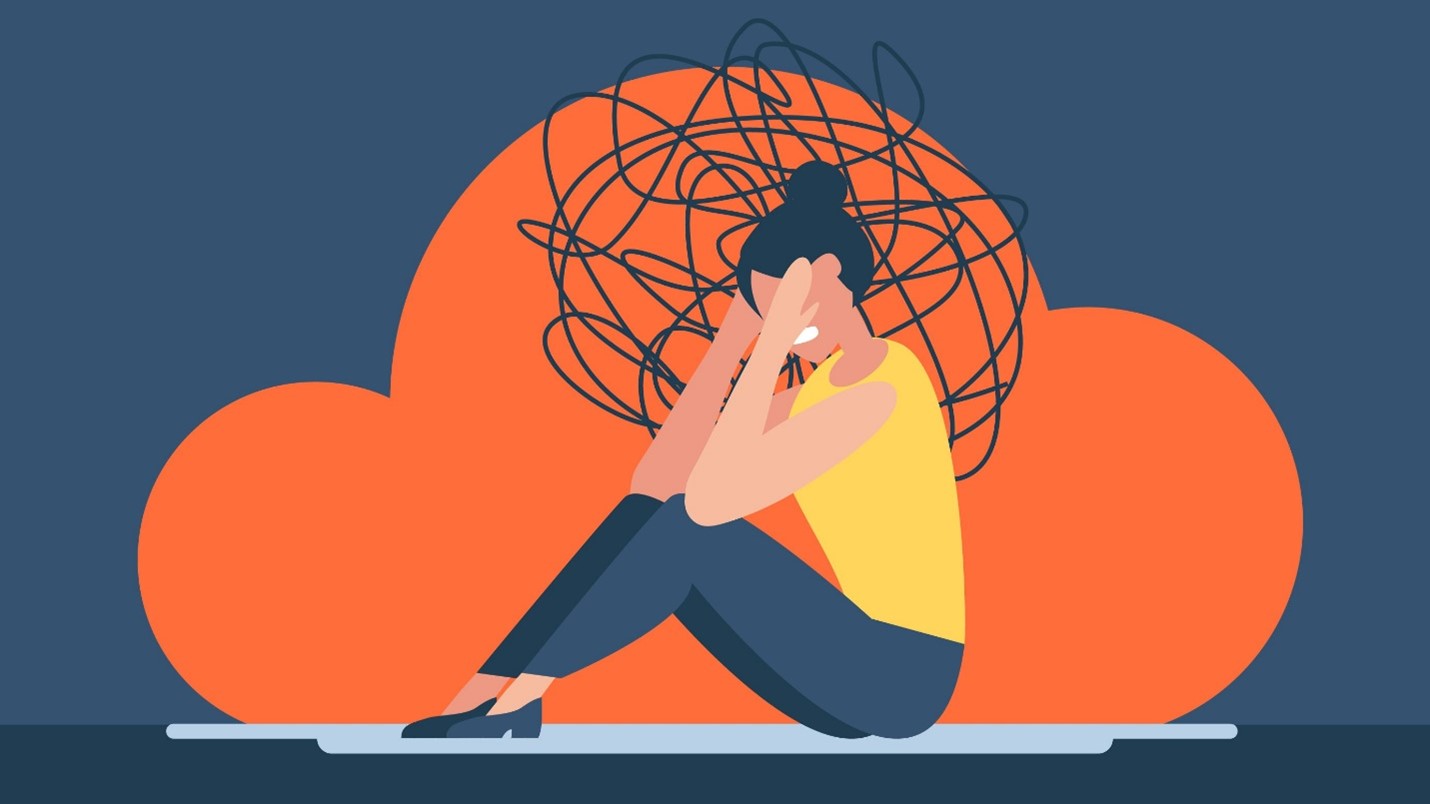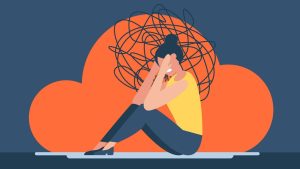
What is Anxiety and How Does it Impact You
What is Anxiety and How Does it Impact You
Anxiety is a complex emotional and physiological response that can be triggered by various stressors, such as work pressures, personal relationships, or even underlying health conditions. It’s a natural part of life and can actually be helpful in certain situations, prompting you to take action or avoid danger. However, when anxiety becomes persistent and overwhelming, it can significantly impact your quality of life.
Physical Symptoms of Anxiety
Anxiety can manifest physically in numerous ways. Some common physical symptoms include:
- Increased Heart Rate: Your heart may start pounding or racing.
- Sweating: You might experience excessive sweating, even in cool conditions.
- Trembling or Shaking: Anxiety can cause noticeable trembling or shaking.
- Shortness of Breath: You may feel like you can’t catch your breath.
- Dizziness: Feeling lightheaded or dizzy is another common symptom.
- Gastrointestinal Issues: Anxiety can lead to stomachaches, nausea, or other digestive problems.
Emotional Symptoms of Anxiety

Emotionally, anxiety can be quite distressing. Here are some ways it might affect you emotionally:
- Excessive Worry: You might find yourself constantly worrying about various aspects of life, often without a clear reason.
- Fear and Panic: Anxiety can bring on intense feelings of fear or panic, sometimes leading to panic attacks.
- Restlessness: Feeling on edge or unable to relax is a hallmark of anxiety.
- Difficulty Concentrating: You may have trouble focusing on tasks or feel your mind constantly racing.
- Irritability: Anxiety can make you feel more easily irritated or frustrated.
Behavioral Symptoms of Anxiety
Anxiety often influences behavior in significant ways:
- Avoidance: You might start avoiding situations or activities that trigger anxiety.
- Procrastination: Anxiety can make it challenging to start or complete tasks, leading to procrastination.
- Compulsive Behaviors: Some people develop repetitive behaviors, like checking things multiple times, as a way to manage their anxiety.
Types of Anxiety Disorders

Anxiety is not a one-size-fits-all experience, and there are several different types of anxiety disorders, including:
- Generalized Anxiety Disorder (GAD): Characterized by excessive, uncontrollable worry about everyday things.
- Panic Disorder: Involves recurrent panic attacks, which are sudden and intense periods of fear.
- Social Anxiety Disorder: Intense fear of social situations and being judged or embarrassed by others.
- Specific Phobias: Extreme fear of specific objects or situations, such as heights or spiders.
- Obsessive-Compulsive Disorder (OCD): Involves unwanted repetitive thoughts (obsessions) and/or actions (compulsions).
- Post-Traumatic Stress Disorder (PTSD): Developed after exposure to a traumatic event, leading to flashbacks and severe anxiety.
Coping with Anxiety
If you’re dealing with anxiety, there are several strategies that can help:
- Professional Help: Therapists and counselors can provide tools and strategies to manage anxiety.
- Medication: In some cases, medication prescribed by a healthcare professional can be effective.
- Lifestyle Changes: Regular exercise, a healthy diet, and adequate sleep can have a positive impact on anxiety.
- Mindfulness and Relaxation: Practices like meditation, deep breathing exercises, and yoga can help calm the mind.
- Support Systems: Talking to friends, family, or support groups can provide emotional support.
Conclusion
Anxiety is a common and manageable condition, but it’s important to seek help if it’s affecting your daily life. There are many resources and treatments available to help you cope with anxiety and improve your overall well-being.
References
American Psychiatric Association. Diagnostic and Statistical Manual of Mental Disorders, 5th ed., text revision (DSM-5-TR). Washington, DC: American Psychiatric Publishing; 2022.
Bandelow B, Sher L, Bunevicius R, et al. Guidelines for the pharmacological treatment of anxiety disorders, obsessive-compulsive disorder and posttraumatic stress disorder in primary care. Int J Psychiatry Clin Pract. 2012 Jun;16 (2):77-84.
Slee A, Nazareth I, Bondaronek P, et al. Pharmacological treatments for generalised anxiety disorder: a systematic review and network meta-analysis. Lancet. 2019 Feb 23;393 (10173):768-77.
Stein DJ, Scott KM, de Jonge P, et al. Epidemiology of anxiety disorders: from surveys to nosology and back. Dialogues Clin Neurosci. 2017 Jun;19 (2):127-36.
Turner S, Mota N, Bolton J, et al. Self-medication with alcohol or drugs for mood and anxiety disorders: a narrative review of the epidemiological literature. Depress Anxiety. 2018 Sep;35 (9):851-60.

